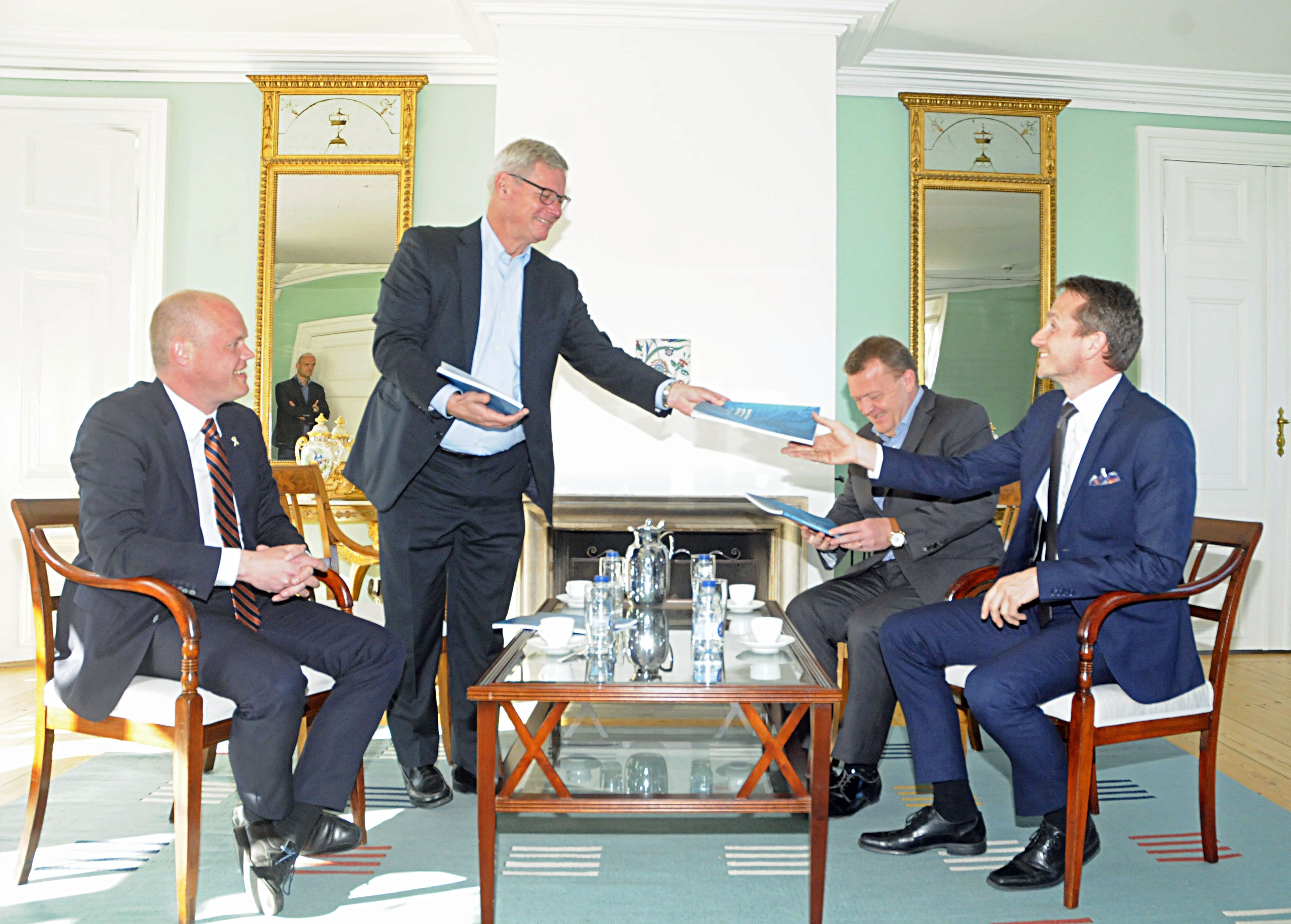Peter Taksøe-Jensen, the Danish ambassador to India, has today presented his proposal for Denmark’s future foreign and security policies.
Taksøe-Jensen was assigned the task in 2015 by the government, which will use the report as the basis for upcoming negotiations regarding the Defence Ministry’s budget beyond 2017 and the country’s new foreign policy.
The central point of the 90-page long report, ‘Danish diplomacy and defence in the times of change – the way forward for Denmark’s interests and values for 2030′, is that in the future Danish foreign and security policy must be grounded in Denmark’s strategic interests and must focus on areas in which Denmark has the most at stake, where the country can make a real difference.
Strengthening key relations
According to Taksøe-Jensen, Denmark should focus on strengthening its strategic relations in three areas: the EU, the North Atlantic and Asia.
Denmark must maintain and further improve relations with its closest European allies – Germany, the UK and France – and continue building strategic partnerships with the Nordic and Baltic countries and the Netherlands.
Furthermore, Denmark should strengthen its voice in NATO and the EU and leverage its close relationship with the United States, and it must use its position as an Arctic superpower to influence developments in the region for the benefits of the country, as well as the Greenlandic and Faroese people.
Finally, Denmark should focus on creating new partnerships and leveraging existing ones in Asia to promote Danish commercial interests and global agendas.
READ MORE: Foreign Ministry selecting areas for budget cuts
A lot to do with less money
“We are facing a situation with an increasing number of tasks and a deteriorating security, but we have fewer resources to conduct foreign, defence and security policies,” said Taksøe-Jensen.
“To be completely honest, we risk spreading the butter too thinly if we are not careful.”
Over the past 15 years, the Foreign Ministry’s budget has been reduced by a third and some 2.7 billion kroner has been cut off the defence budget, while the foreign aid budget has been reduced to 0.7 percent of the GNP.
READ MORE: Denmark still leading charge for world’s poor
Taksøe-Jensen believes Denmark should give up the illusion that it can help all 193 countries in the world and instead focus on regions where the country has the most at stake.















